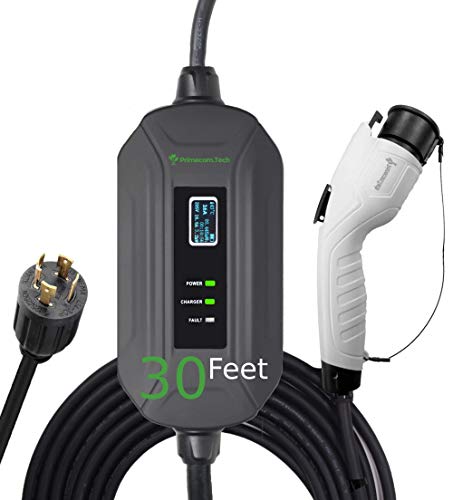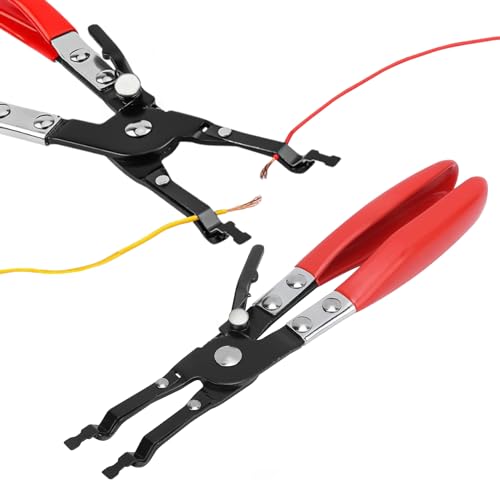http://online.wsj.com/article/SB10001424052702303918804579107213728805086.html Requires subscription looks like
WASHINGTON—Toyota Motor Corp. 7203.TO -2.64% is committed to hybrid, gasoline-electric vehicles and hydrogen fuel cell vehicles to displace the use of gasoline, said Takeshi Uchiyamada, chairman of the world's largest auto maker.
Reuters
Toyota Chairman Takeshi Uchiyamada addressed the Economic Club of Washington Monday.
"The reason why Toyota doesn't introduce any major [all-electric product] is because we do not believe there is a market to accept it," Mr. Uchiyamada said in an interview following a speech on Monday at the Economic Club of Washington, D.C.
Mr. Uchiyamada said he thinks electric vehicles require "two breakthroughs" on battery technology before they are viable as replacements for gasoline or hybrid-electric vehicles.
Mr. Uchiyamada, 67, took over as chairman of the company in June of this year, following Fujio Cho, who had been chairman since 2006. Mr. Uchiyamada had been running Toyota's product development and is often called the father of the Prius because his team was charged with developing the hybrid gasoline-electric vehicle.
"Some people say hybrid vehicles such as the Prius are only a bridge to the future," Mr. Uchiyamada said in his speech. "But we think it could be a long bridge and a very sturdy one. There are many more gains we can achieve with hybrids."
He said he isn't concerned Toyota will be left behind if the world becomes enamored with electric vehicles. Hybrid gasoline-electric technology "encompasses all of the technologies required to make an electric vehicle," he said.
Toyota is nearly alone in its position on electric vehicles as other big auto makers embrace them. The alliance of Nissan Motor Co. and Renault SA already is the world leader in electric vehicles and remains committed to them. Volkswagen AG VOW.XE -1.27% recently pledged to lead the world in electric vehicles by 2018. General Motors Co. GM -1.10% recently said it was working on a low-cost electric vehicle that could travel 200 miles on its battery.
Toyota relies primarily on a relationship with Tesla Motors Inc. TSLA +1.29% to supply the technology for an electric version of its RAV-4 sport-utility vehicle. Mr. Uchiyamada said the partnership hasn't changed the company's dim view of all-electric cars.
Toyota is working on the next-generation Prius and has committed to improving its fuel economy by 10% or more, which would mean producing a combined U.S. fuel economy of 55 miles on a gallon or better of gasoline. Toyota offers more hybrid models than any other auto maker and dominates sales of hybrid vehicles around the globe.
"The Prius has become the most important vehicle for our future," Mr. Uchiyamada said.
Toyota RAV4 electric vehicle is outfitted with a Tesla battery and motor. Toyota Chief Executive Officer Akio Toyoda struck up a relationship with Tesla in 2010 that exchanges access to Toyota parts for providing the powertrain for the vehicle.
"The first gain was that we were able to introduce a product produced through this partnership—the RAV4 EV," Mr. Uchiyamada said. Toyota engineers, he said, also found working with the young, venture-backed Tesla to be stimulating.
Toyota's management asked his team in 1993 to double fuel economy in a new vehicle meant to serve the 21st century.
The company also has been working on a hydrogen fuel cell vehicle that will go on sale in 2015. The plan is to get the price of the vehicle down to an affordable $50,000. Fuel cell vehicles create electricity through a process that runs hydrogen through the fuel cell with only water as a byproduct.
The advantage of hydrogen fuel cell vehicles are that they create no pollution but can be refueled quickly and have a range similar to that of gasoline-powered vehicles.
"I personally expect a lot from this hydrogen fuel cell technology. If government and industry work together, this might be part of the long-term solution," he said.
He said governments and fuel companies should lead the creation of hydrogen fueling stations, but that car companies initially would have to be involved in some way in creating fueling stations. In the U.S., he thinks efforts should be focused regionally, such as in California, before spread across the country.
Mr. Uchiyamada said that Mr. Toyoda, the grandson of the founder of Toyota, was doing a great job leading the company, directing it through numerous crisis periods, including the 2011 Japanese earthquake and tsunami, financial crisis and the unintended acceleration recall crisis of 2009 and 2010.
"By overcoming those issues he became very resilient and strong as president. Especially, I believe he has made huge progress in the areas of risk management and decision making," said Mr. Uchiyamada. "More than that, the most wonderful thing about him being president is he himself is a car lover. I think that is good for the business and to heighten motivation for the people who work for the company."



























